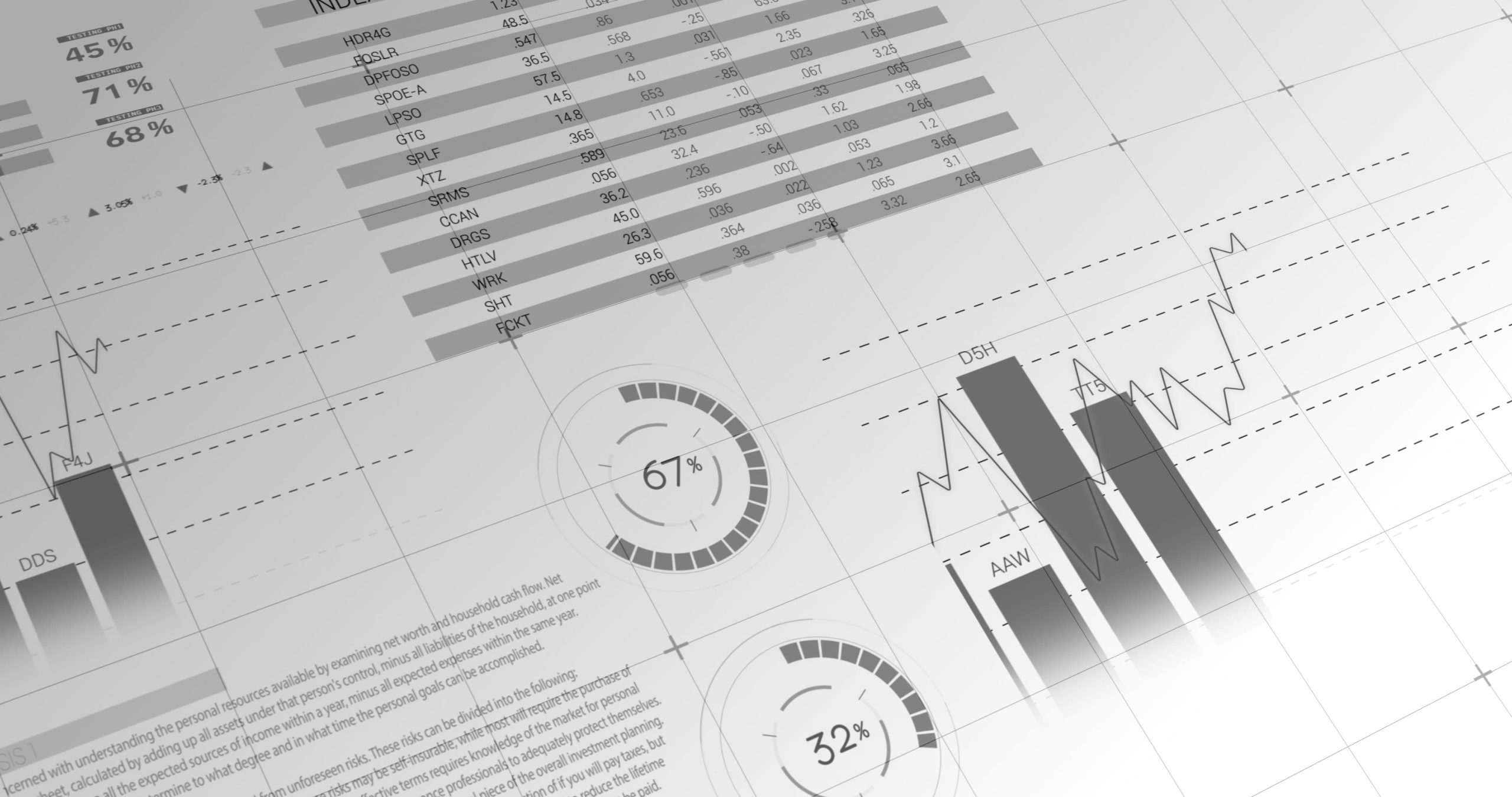The stock market often serves as a barometer for the health of the economy. By taking note of recent US stock market data, we can gain insight into the current state of inflation—an essential indicator of economic performance. In this blog post, we’ll break down what US stock market data tells us about inflation and how it affects both investors and everyday consumers alike. We’ll look at the ways inflation has impacted certain sectors and explore how high or low inflation can affect overall economic growth.
US stock market data and inflation
The US stock market has been on a tear lately, with the Dow Jones Industrial Average and the S&P 500 both hitting new all-time highs. But what does this latest stock market data tell us about inflation?
On the surface, it would seem that the US stock market is indicating that inflation is not a concern. After all, if investors were worried about inflation, they would be selling stocks and investing in assets that would protect them from rising prices.
However, there are some factors to consider when looking at the relationship between the US stock market and inflation. First of all, it’s important to remember that the stock market is a forward-looking indicator. This means that it can take months or even years for changes in the stock market to reflect changes in the real economy.
In other words, just because the stock market is doing well now doesn’t mean that inflation won’t be a problem down the road. In fact, some analysts believe that we could see a surge in inflation in 2021 as the economy continues to reopen and people start spending again.
So while the current state of the US stock market may not be indicative of future inflationary pressures, it’s still something to keep an eye on.
The relationship between stocks and inflation
The Federal Reserve’s data on US inflation show that it is well under control. The latest stock market data, on the other hand, show that the US stock market is at an all-time high.
So, what does this tell us about inflation?
In short, not much.
The relationship between stocks and inflation is a complicated one, and there are a number of factors that affect both. In general, though, stocks tend to do well when inflation is low and vice versa.
That said, it’s important to remember that the stock market is not the economy. The two don’t always move in lockstep, and there can be disconnects between them. For example, even though inflation has been low in recent years, the stock market has been doing quite well.
At the end of the day, it’s important to keep an eye on both inflation and the stock market. They can both give us valuable insights into the health of the economy.
What the data tells us about inflation in the US
Inflation in the United States is currently sitting at around 2 percent, according to the latest data from the Bureau of Labor Statistics. This is a slight increase from the 1.6 percent inflation rate that was seen in 2016, but it is still relatively low when compared to historical averages. There are a number of factors that can affect inflation, including the state of the economy, government policy, and global trends.
The current inflation rate is still below the Fed’s target rate of 2 to 3 percent, which means that there is room for interest rates to rise without triggering inflation fears. In fact, many economists believe that the Fed will need to raise rates several times in order to get inflation back to its target range. However, with the stock market at all-time highs and unemployment at record lows, there is a risk that raising rates too quickly could send shockwaves through the economy and trigger a recession.
It’s worth noting that not all types of inflation are created equal. The cost of living tends to go up slowly over time as wages and prices increase (this is known as “core” inflation). However, there can also be sharp increases in prices for specific goods or services (known as “spike” inflation). For example, gasoline prices have spiked in recent months due to rising crude oil costs. Food prices have also been on the rise due to droughts and other weather-related disruptions.
Inflation can be beneficial for some people and businesses,
Conclusion
The US stock market data reveals a lot about the current state of inflation in the country. From our analysis, we can see that there is currently an increase in inflationary pressures and this could have both positive and negative effects on the economy. It is important for investors to consider these factors before making any decisions so as to avoid any potential losses from a mistake. Ultimately, understanding how the markets work is essential if you want to make wise investments and maximize profits.




